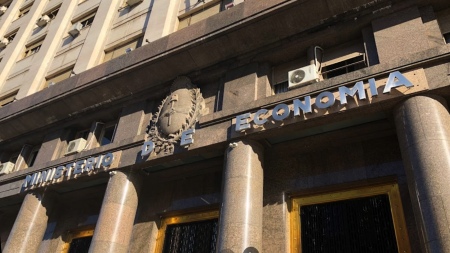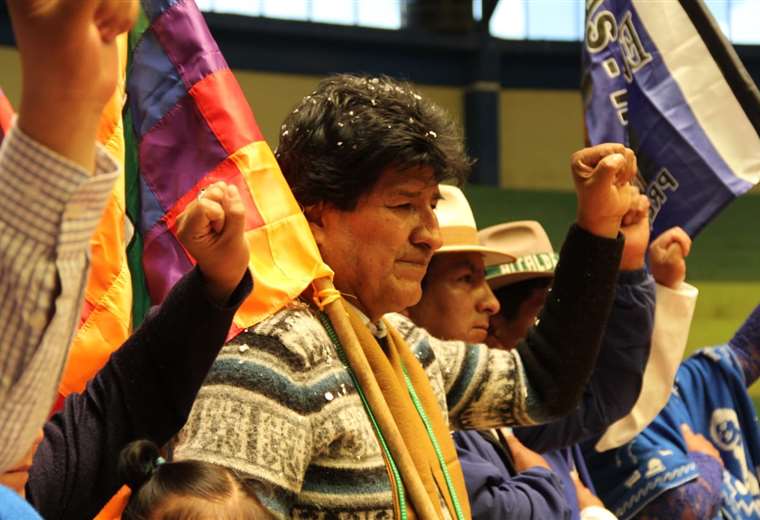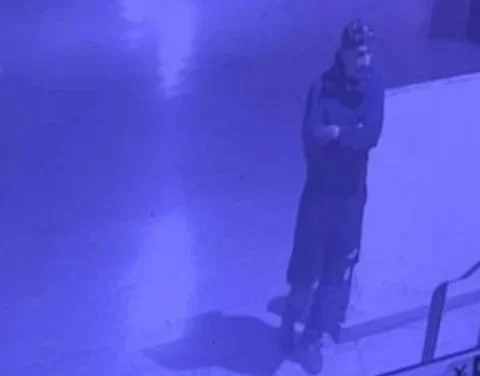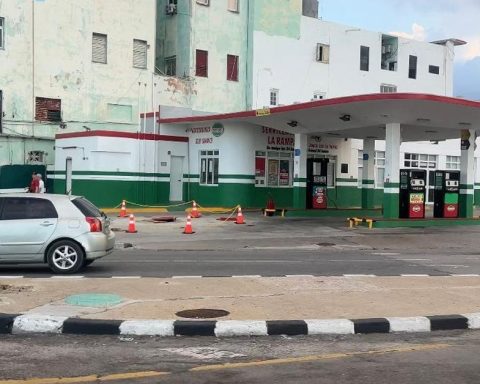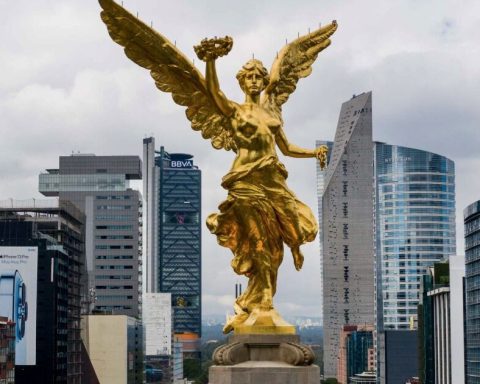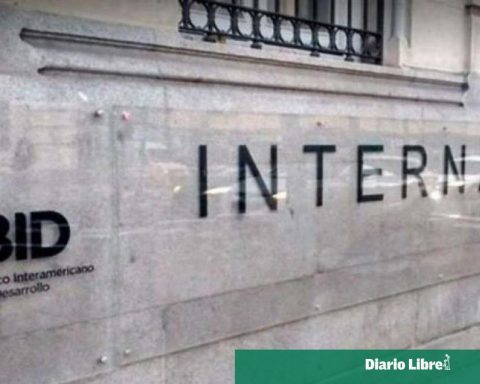The automatic transfers of resources from the national State to the 23 provinces and the city of Buenos Aires They amounted to 6 trillion 527,241.9 million pesos in all of 2022, with an increase of 83.6% compared to 2021, which represents an improvement of 6.3% in real terms.
According to the analysis of the consultancy Politikon Chaco, based on data from the National Directorate of Provincial Affairs of the Ministry of Economy, “2022 total shipments are not only higher than 2021 in real terms, but also higher than previous years: they are 13.9% above 2020; 9.1% vs. 2019; 7.5% against 2018 and 15.1% compared to 2017”.
The annual increase exceeded the variation in national collection by two percentage points, which in the accumulated of 2022 increased by 81.6%.
Unlike non-automatic or discretionary transfers, automatic transfers are subject to pre-established distribution mechanisms, which in turn may vary depending on the regime in question.
Within automatic transfers, the most important regime is that of Federal Tax Sharing, which with 5 trillion 918,027.4 million pesos represented 90.66% of the total resources transferred in 2022.
Secondly, there are the so-called “special laws”, which encompass different specific regimes outside of the Co-participation (Personal Assets, Educational Fund, Social Security VAT, Fuel, Electric Power, Compensation Fund and Monotax) that last year totaled $404,215. .7 million, 6.19% of the total.
The remaining 3.15% corresponded to compensation for the Fiscal Consensus, which reached $204,998.7 million.
Shipments by Coparticipation had an expansion of 88.2% in nominal terms and 8.8% in constant values, while the rest of the components showed a dissimilar behavior, which affected the reduction to 83.6% of total transfers.
In this regard, Politikon pointed out that the Personal Assets Tax totaled $249,001 million (-12.5% real) in the year, the Social Security VAT $38,729 million (+4.4%), the Liquid Fuels tax $95,428 million (-31.7%), the Electric Power Regime $8,798.8 million (+0.4%) and the Simplified Regime for Small Taxpayers or Monotributo $11,709.2 million (-23.9%).
On the other hand, the resources for compensation of the Fiscal Consensus were $204,998.7 million, and fell by 3.8% in real terms per year.
“The main reason for the performance of the special laws has to do with the nature of the taxes,” Alejandro Pegoraro, director of the consultancy, explained to Télam, referring to the disparate evolution in the collection of each specific regime.

In the case of Personal Assets, he specified that “the increase in the taxable base generated real falls due to lower collections”, because “those who have the most pay more, but those who were on the base stopped paying.”
“The non-updating of the Liquid Fuels tax generates the same scenario and as for the Monotax, it is impacted not only by its update but also by the number of taxpayers and the effective payment rates,” he clarified.
When consolidating the transfers, these falls were the ones that explain the overall decrease in many provinces in December, “beyond having increases in the Coparticipation,” he said.
In this sense, the global numbers of last month show a total of transfers to the 24 jurisdictions of $759,292 million, with a nominal year-on-year increase of 95.4% (two tenths below the national collection) and a real one of 0.4%. , assuming an inflation of 5%.
As Pegoraro pointed out, the differences in the real variations were evident with thirteen districts with improvements (CABA, Córdoba, Santa Fe, Entre Ríos, San Juan, La Pampa, San Luis, Mendoza, Catamarca, La Rioja, Tucumán, Santiago del Estero and Jujuy) and eleven with falls (Río Negro, Formosa, Chaco, Tierra del Fuego, Salta, Corrientes, Buenos Aires, Misiones, Santa Cruz, Chubut and Neuquén).
On the contrary, in the annual accumulated, all the jurisdictions had real increases in the automatic transfers received, with CABA as the one with the highest real percentage increase (8%) and Buenos Aires and Misiones at the other extreme, with 5.3%.
Despite the fact that the real year-on-year growth rate slowed down in recent months, “even so, this is the fourth consecutive month of real increases and the twelfth in the last thirteen months,” Pegoraro pointed out.
Politikon Chaco pointed out that last month was the “best December of, at least the last five years”, with growth of 6.9% against 2020; 27% vs. 2019; 24.6% compared to 2018 and 16.7% compared to 2017.
In December shipments by co-participation reached $689,389 million and account for 91% of the total, with an interannual expansion of 101% nominal and 3.3% real, assuming inflation of 5% for the month.
The components of special laws showed real falls in the Personal Assets Tax (-10.2%), the Social Security VAT (-2.9%), the Liquid Fuels tax (-36.6%) and the Monotributo (-33.6%), while there were no shipments of the Electric Power Regime.
Finally, the resources for Compensation of the Fiscal Consensus closed December with a real drop of 24.6% year-on-year.
